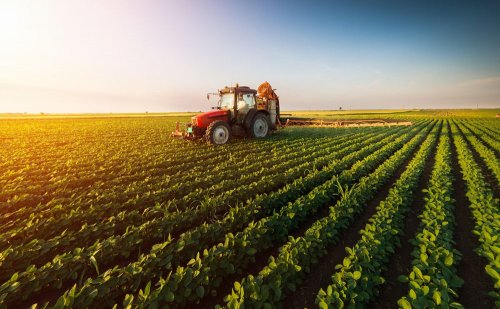The domestic company TAS Agro has abandoned plowing, reduced emissions and received up to $800,000 in carbon certificates as part of a program to reduce its carbon footprint.
TAS Agro CEO Oleg Zapletnyuk told Forbes Ukraine about this in an interview.
He said that in order not to lose the race against climate change, the company first of all refused to plow its land. The agroholding's CEO is confident that in the south, this most energy-intensive method of cultivation can be abandoned. TAS Agro has switched to deep loosening, vertical tillage, and sowing rapeseed and wheat using Strip-till technology (strip tillage using minimum tillage, which reduces fuel consumption by about 80% and ensures soil moisture retention – ed.)
According to Oleh Zapletniuk, this allowed the company to reduce emissions and receive up to $800,000 in carbon certificates as part of the carbon footprint reduction program.
"Each production in the EU has an emission quota. If the company cannot fulfill it, it buys a certificate on the stock exchange from those who have reduced emissions. This is quite a good way for agricultural companies of Ukraine", – believes the CEO of "TAS Agro".
He also said that the company implemented a modern management and automation system in agribusiness, and updated the technical park. These measures made it possible to increase efficiency and reduce costs.
In addition, the agricultural holding introduced yield mapping and tested differential sowing.
"It allows you to see the areas in the field with the greatest yield potential. Accordingly, we pay more attention to such areas, use more fertilizers," says Oleg Zapletnyuk.
He says that the company's goal is not to chase harvest volumes, but to maximize profit from each hectare.
Earlier, EcoPolitic told that it was Ukrainian cement producer CEMARK has reduced CO2 emissions up to 578 kg per ton of products.





